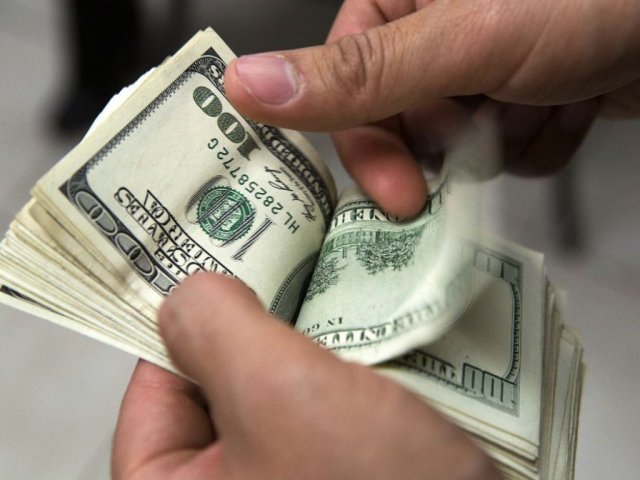
Since the end of last year to this date, in the state of Apure, “cooperatives”, “bags”, “sans”, or the so-called “susús” have become common as alternative savings mechanisms, not only for purchasing household appliances, motorcycles, mirrors, appliances, among other material goods, but also to pay debts and “stretch money” given the low salaries paid by Maduro’s administration.
By María Eugenia Díaz // Correspondent
In San Fernando de Apure, a group of people pay a fixed amount of money for a stipulated time, usually 10 to 12 months with the intention of distributing the money monthly to all participants during the different months established by the members.
For example, a group of 10 people decided to create a “susu” of $100 per month for 10 months. Each participant will receive $1,000 at the designated time after randomly choosing a number that indicates the month corresponding to the delivery of the total money collected by the participants.
Verónica Orellana, mother of the family, says this weekend that she made the decision in principle to pay a monthly cooperative as a form of savings to be able to invest the money in merchandise and be able to sell it at the better price possible.
“I am playing a 10-month susú that allows me to invest that accumulated money in merchandise to be able to start a business and help support my three children.” With the susú I force myself to save, said the young woman consulted in San Fernando de Apure, the state capital, commenting about the subject.
Furthermore, Orellana is conscious that when collecting the susú she must then evaluate her investment according to the situation presented at the time of collection.
“I don’t have many illusions about investing because my economic situation is uncertain, I make plans and then I have to change them because some other problem arises,” she said to ‘La Patilla’.
Amarilis Núñez, merchant and opposition political leader, highlights the inventiveness of the people of Apure to be able to survive and support their families in the midst of the country’s crisis and in the face of the “starving and miserable” low wages and salaries imposed to public workers by Nicolás Maduro’s government.
Juan José Bolívar states that the so-called “bags” arose with the intention of allowing the “llaneros” (plains men, plains people) to acquire from household appliances to motorcycles, through the payment of comfortable and stable fees.
“Currently, I am organizing a motorcycle ‘bolso’ (bag), the interested party pays for the motorcycle in seven easy installments, for this service I charge a commission of 100 to 120 dollars per person. If more people participate I get a bigger commission. The level of responsibility is strong because I am in charge of making the contracts, sometimes they pay me the first installment and then they stop participating. I make the ‘bags’ seven months long because a year of debt is a long time in debt,” he noted.
Nehomar Moreno says that he is playing a five-month susú (10 dollars a month) to receive 90 dollars to buy a cell phone for his wife.
“I hadn’t done it for a while, about 10 years, but I organized it with some co-workers from the government. We came to an agreement, most are going to buy different things,” Moreno noted.
Zuleima Corrales, a teacher and resident of the Biruaca Municipality, has been organizing the so-called “susús” for four years as a way to ease family problems.
“I have already started the first susú of the year for $500, the 11 participants pay $50 biweekly,” she noted.
This year Corrales plans to fix the roof of her house in Biruaca, because a salary of 350 bolivars a fortnight as a teacher makes it impossible to afford this important home repair.
The remaining susús were used by Corrales to purchase merchandise and thus survive the financial crisis.
Keomar Campos alleges that the susús are a way to stretch her salary and pay debts. “Everyone is playing susús to be able to survive, it is a quick loan that has helped me several times to solve economic problems,” she argued.
Williams Martínez, a resident of Guasdualito, in the ‘José Antonio Páez’ border municipality, calls this savings method ‘San’. He reports that since January of this year he started a San and will receive his payment in the month of July, after he obtained the number seven of the current ‘San’ run in dollars.
“There are 12 numbers, I use it as a way to save and face the crisis, my investment will depend on the existing situation when I receive the ‘san’,” he stated for La Patilla.

